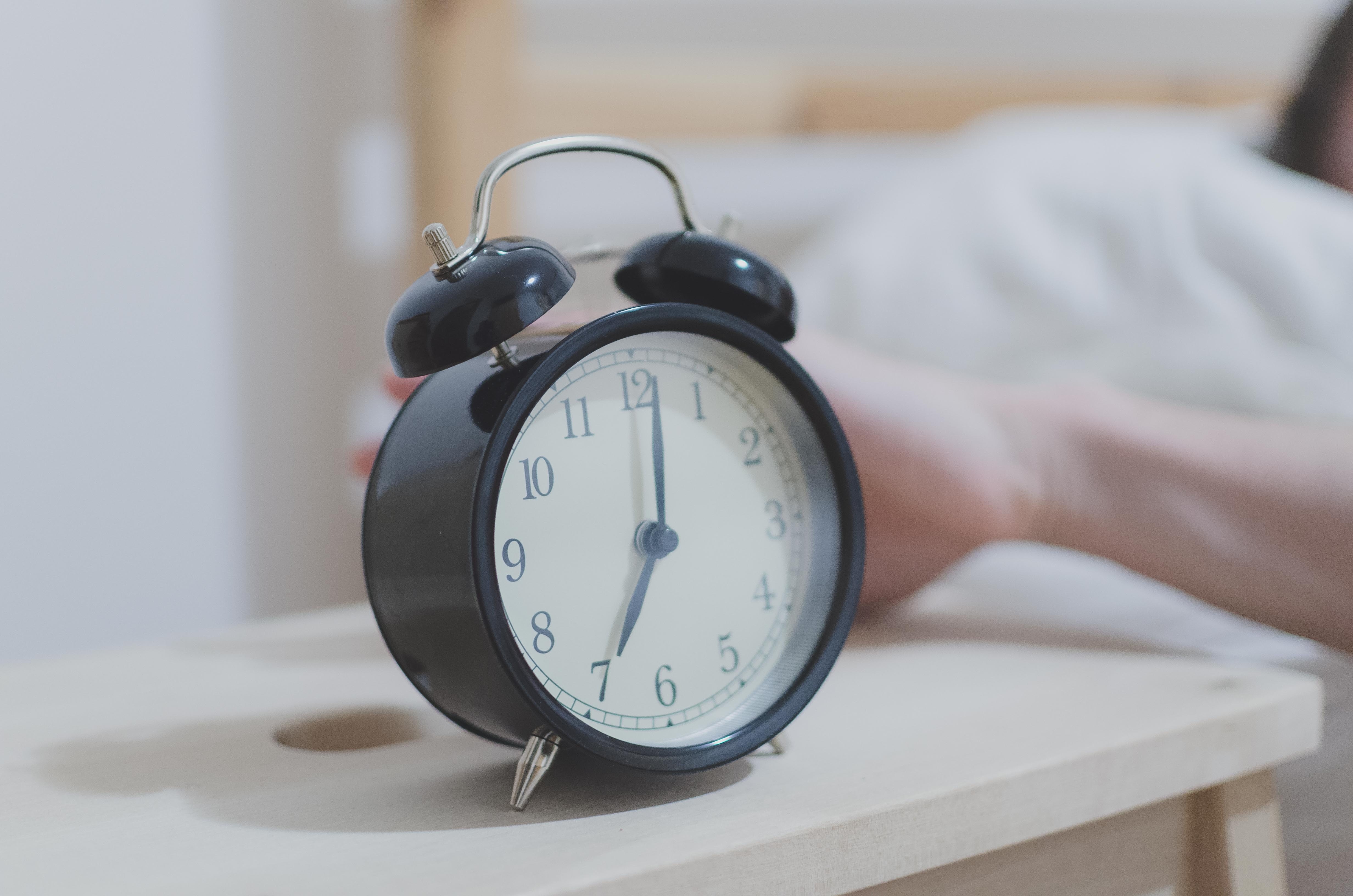
The personal electronic devices that help make your daily life easier may be doing the opposite in regard to your nightly sleep habits. If you’re having a hard time falling and staying asleep, devices like your cellphone, TV and tablet may be to blame.
The Negative Effects
Researchers at Harvard identified three main ways that using your phone, or any electronic device, before going to bed can derail your sleep schedule:
- Melatonin suppression—The Harvard study revealed that those who used electronic devices before going to sleep had lower levels of the sleep-regulating hormone, melatonin. That’s because the blue light emitted by electronic devices suppresses the production of melatonin, which controls your circadian rhythm—your body’s natural sleep and wake clock.
- Later sleep onset— The study also found that the amount of time it took to fall asleep was longer for those who used electronic devices than for those who didn’t. If you’re mindlessly scrolling through social media sites instead of reading a book or meditating, it’s more likely that you’ll have a harder time falling asleep.
- Reduced REM sleep—Research shows that electronic device usage before bed results in a reduced amount of rapid eye movement (REM) sleep cycles. REM sleep is a vital component of our sleep patterns.
What Can You Do?
To prevent the harmful effects of electronic devices, there are a few steps that you can take, including:
- Check your device’s settings for a “nighttime” mode, which adjusts the screen lighting to promote sleep.
- Refrain from using your phone for at least an hour before bed.
- Set your device’s sound settings to “silent” so you won’t be woken by texts or emails while you’re trying to sleep.
- Try reading a book or meditating to relax before bed instead of using your phone or watching TV.


